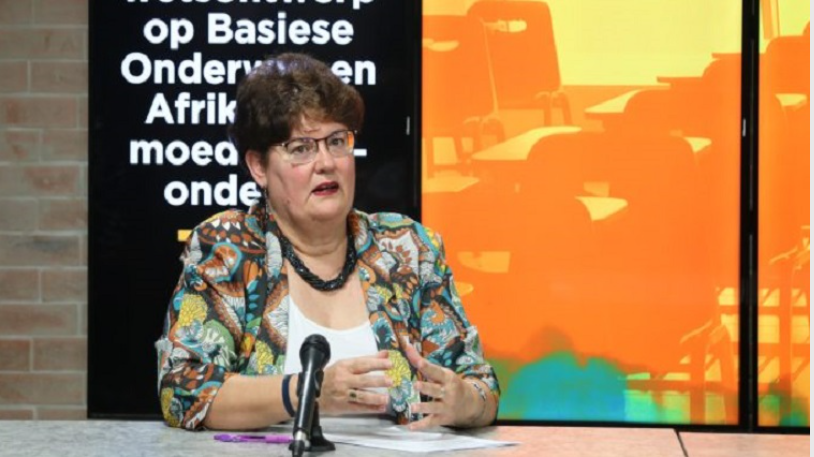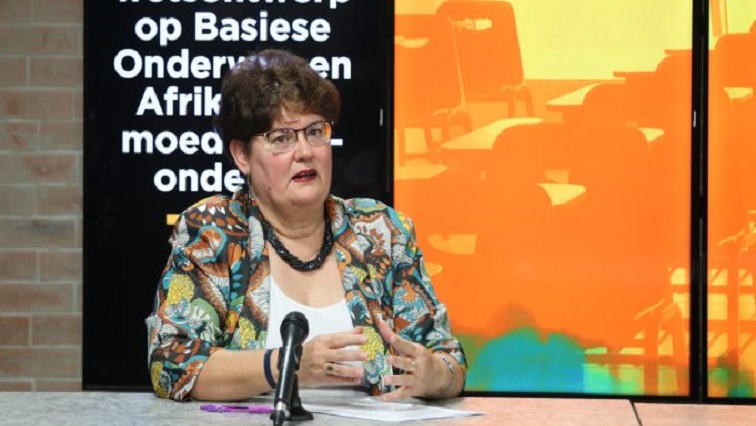
AfriForum a prominent civil rights organization in South Africa, has announced its intent to pursue legal action in opposition to the Basic Education Laws Amendment (BELA) Bill. The organization argues that the bill, which aims to amend certain aspects of the country’s education system, threatens the autonomy of schools, particularly around language and admission policies.
AfriForum’s concerns center on the potential centralization of power within the education sector which they believe could undermine the rights of school governing bodies, including decisions on which languages of instruction to offer. They also highlight the broader implications of the bill on cultural and linguistic diversity in South Africa’s schools.
While the government contends that the BELA Bill is designed to enhance inclusivity and streamline administrative processes, AfriForum’s legal challenge aims to safeguard what it perceives as essential parental and community control over educational institutions. As the debate intensifies this showdown between AfriForum and the government is expected to play out in the courts, shaping the future of South Africa’s education policies.
AfriForum, well-known for advocating minority rights and cultural preservation in South Africa, has taken a firm stand against the Basic Education Laws Amendment (BELA) Bill, which seeks to make significant changes to the country’s education framework. The civil rights group is preparing to launch a legal battle, stating that the bill, if passed, would strip schools and communities of their right to make crucial decisions about their institutions.
One of AfriForum’s primary objections is the potential impact on mother tongue education. The BELA Bill would give provincial education departments the power to decide the language policies of schools. AfriForum argues that this move threatens the survival of minority languages, such as Afrikaans, in schools. They believe the bill’s centralization of language policy decisions could lead to the marginalization of indigenous languages, as well as Afrikaans which has been a major cultural identifier for many communities.
Another significant issue AfriForum raises concerns the bill’s provisions on school admissions. Under the proposed amendments the power to control admission policies would be shifted from school governing bodies to the provincial government. AfriForum argues that this could lead to overcrowded classrooms and limit schools’ ability to maintain certain standards or uphold their unique cultural and educational ethos.
AfriForum’s broader critique focuses on what they see as an erosion of community and parental involvement in schools. The organization has long advocated for decentralized decision making in education where local communities, through governing bodies, have a say in how their schools are run. They view the BELA Bill as a threat to this model, pushing for a more centralized, state-controlled system.
The government, on the other hand, defends the BELA Bill as a necessary step towards improving equity and access in South African education. The bill aims to address long-standing disparities in the education system, particularly in under-resourced and rural schools, which have struggled to maintain proper governance and equal access for all learners. By giving the provincial government more oversight, the government argues that the bill will ensure that schools become more inclusive and reflect the diverse needs of the population.
AfriForum plans to take the fight to court, arguing that the bill violates the constitutional rights of school communities to manage their institutions. They believe that education should remain under local control and that parents not bureaucrats are best suited to make decisions about their children’s schooling.
Kallie Kriel, CEO of AfriForum, stated that the organization is not opposed to the transformation of education but is deeply concerned about what they see as the state’s increasing control over critical decisions that should be made by local communities. He added that AfriForum would mobilize support from parents, teachers, and school governing bodies across the country to join the legal battle.
As the BELA Bill continues to stir debate, both sides prepare for a heated legal and public relations battle. If AfriForum succeeds in its legal challenge, it could set a precedent for the limits of state authority over education in South Africa. However, if the bill is enacted, it could reshape the educational landscape, potentially impacting language instruction, school admissions, and the role of governing bodies.
The coming months will likely see increased dialogue between various stakeholders, as the outcome of this legal confrontation could have far-reaching implications for education policy, cultural preservation, and community autonomy across the country.
Ennywealth



